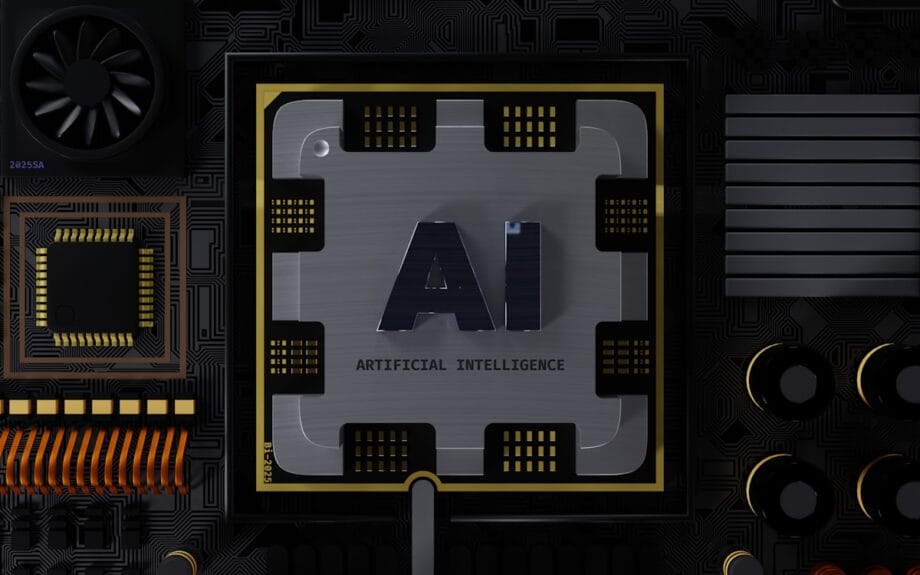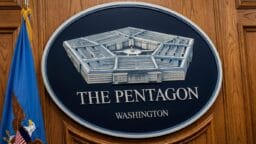Insights from sources associated with the Trump administration indicate that the U.S. government is contemplating granting Nvidia the authorization to sell its H200 AI accelerator chip in China.
Designed for expediting AI computations, this advanced technology harnesses Graphic Processing Units (GPUs) that leverage parallel processing capabilities, enabling the execution of matrix multiplication calculations across thousands of cores concurrently.
The ultimate decision regarding Nvidia’s ability to market the H200 in China will reside with the U.S. Commerce Department, the authority responsible for export controls.
Citing concerns over the potential acquisition of powerful AI chips by the Chinese military, the U.S. government previously instituted a ban on sales of Nvidia’s most formidable AI chips to that nation.
However, this prohibition inadvertently facilitated Huawei’s expansion in the domestic AI accelerator sector while simultaneously diminishing Nvidia’s revenue streams from China.
Nvidia’s H200: A Leap in Performance
Notably, the H200 boasts double the power of Nvidia’s most advanced AI accelerator currently permitted for export to China.
While officials from the White House and the Commerce Department have refrained from commenting on this specific issue, a representative did issue a generic statement regarding the administration’s commitment to maintaining U.S. technological supremacy and ensuring the protection of national security principles that have consistently guided administrations at 1600 Pennsylvania Avenue.
Nvidia’s H200 chip, which made its debut some years ago, possesses a greater bandwidth memory capacity than the H100 AI accelerator, thereby facilitating quicker data processing.
Fabricated by TSMC using a cutting-edge 4nm process node, it is built on the Hopper core architecture and is optimized for Large Language Models (LLM) and high-performance computing (HPC) tasks, featuring 141GB of HBM3e memory and an impressive memory bandwidth of 4.8TB/s.
Recent Developments on AI Chip Exports
In April, the Trump administration prohibited the sale of Nvidia’s H20 to China but quickly reversed this stance. Recently, it has approved the shipment of up to 70,000 Nvidia Blackwell chips to Saudi Arabia’s Humain and G42 in the United Arab Emirates. These Blackwell chips represent Nvidia’s latest generation of AI accelerators.
Despite President Trump’s inclination to tighten restrictions on U.S. technology exports to China, a recent bilateral accord dictating a reduction in the average tariff rate on Chinese imports to the U.S. to 48% may lead the Commerce Department to amend the country’s chip export control policy.
Market Dynamics in China’s AI Sector
Nvidia executives assert that current export restrictions hinder their capability to deliver competitive data center solutions in China, opening the door for rival firms unencumbered by such limits.
Consequently, Huawei has capitalized on this vacuum, selling its Ascend 910C AI accelerator—designed for training AI models—within its domestic market. Analysis suggests that Huawei’s Ascend AI accelerators command an impressive 79% market share in China.
As the most valuable publicly traded company in the U.S., with a valuation of $4.35 trillion, Nvidia could see significant financial implications from a shift in export policy.

Gene Munster from Deepwater Asset Management indicated in a recent social media broadcast that the approval of H200 exports could elevate Nvidia’s projected revenue growth in China from 49% to a staggering 72%.
Even in the face of restrictions, revenue from China could still experience a robust growth rate of around 60%. Should H200 exports resume, this figure could potentially surge to 75%.
Source link: Phonearena.com.






